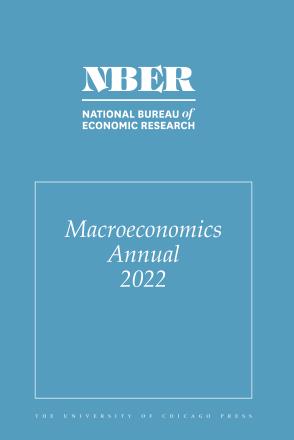Stubborn Beliefs in Search Equilibrium

You may be able to download this chapter for free via the Document Object Identifier.
I study a search equilibrium model of the labor market in which workers have stubborn beliefs about their labor market prospects, i.e. expectations about their future job-finding probability and future wages that do not adjust to cyclical fluctuations in fundamentals. Stubborn beliefs dampen the response of bargained wages to shocks and, in turn, amplify the response of labor market tightness, job-finding probability, unemployment and vacancies. The amplification caused by stubborn beliefs is inefficient, and can be corrected by countercyclical employment subsidies. When only a small fraction of workers have stubborn beliefs, the response of wages and labor market outcomes to negative shocks is the same as when all workers are stubborn. In contrast, the response of wages and labor market outcomes to positive shocks is approximately the same as when all workers have rational expectations. Hence, when only a small fraction of workers have stubborn beliefs, wages and labor market outcomes respond asymmetrically to positive and negative shocks.
-
-
Copy CitationGuido Menzio, NBER Macroeconomics Annual 2022, volume 37 (University of Chicago Press, 2022), chap. 4, https://www.nber.org/books-and-chapters/nber-macroeconomics-annual-2022-volume-37/stubborn-beliefs-search-equilibrium.Download Citation
-


